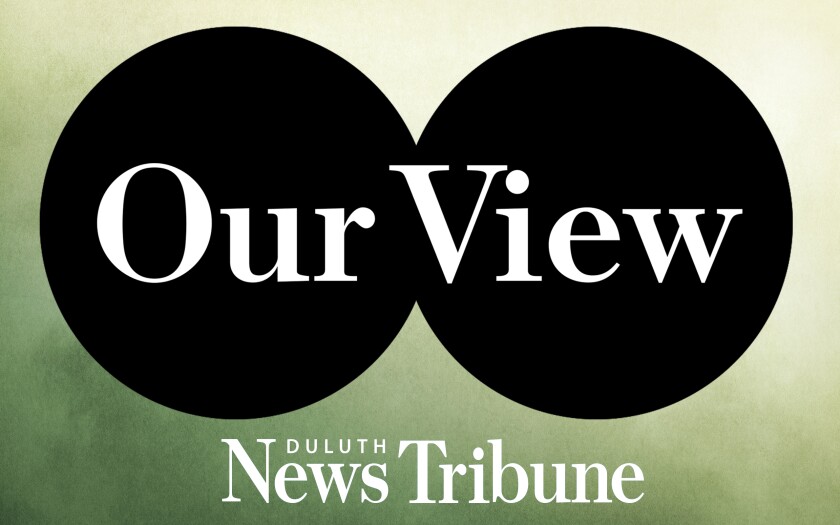Voters in Minnesota have good reason to be leery about participating in the presidential primary on Super Tuesday, March 3, with early voting already under way.
To get a ballot, voters need to declare the party they affiliate with, and when they do their names go on the lists of each party’s participants. Those lists then go to each of the state’s major parties, namely the Minnesota DFL, Minnesota GOP, Legal Marijuana Now, and Grassroots-Legalize Cannabis.
The chances of those voter lists being leaked and made public? Or of someone overhearing a voter’s party declaration when requesting a ballot? Good enough to discourage participation in the presidential primary, Minnesota’s first since the 1950s. Plenty of voters’ jobs or other circumstances demand political anonymity or neutrality. Consider clergy, journalists, and others. How many will decide not to risk it and skip casting a ballot?
Representative democracy requires citizen participation, as much of it as possible.
So the Minnesota Legislature, in the opening days of its 2020 session, which begins Feb. 11, can take action to better protect voters’ privacy on primary day, reassuring them that it’ll be safe to be full participants in carrying out their civic responsibility.
ADVERTISEMENT
“Here in Minnesota, we do not require voters to register with a particular political party, and we share the concerns of the Minnesotans who feel that widespread access to the party-affiliation data collected during the primary is both a violation of their privacy and will act as a de facto party registration system,” DFL Chairman Ken Martin said in a statement last week. “The national Democratic and Republican parties require records of who participates in their respective primaries. … It is possible to both comply with these requirements and prevent both parties from using the primary data for any other purposes. We urge the Legislature to take swift action.”
Minnesota Secretary of State Steve Simon and a bipartisan coalition of legislators have come up with provisions for lawmakers to consider to harden security on primary day. The provisions include party-affiliation data going only to national party representatives, the data only being used to guarantee the primary’s validity, and keeping the lists of names private under Minnesota’s Data Practices Act. Another proposal could allow voters to opt out of their party affiliation being recorded.
While Republican leaders said last week that no legislative action is needed, that early voting already has begun, and let’s see if there’s even a problem, the reality is that some would-be participants are already planning to skip the primary over these very legitimate concerns.
Will the recommendations of Simon and the coalition do enough to assuage concerns? Will they constitute overreach? Lawmakers can deliberate and decide — Republicans and DFLers alike, working together with a goal of encouraging participation, recognizing that no voter should have to pick between forfeiting privacy or sitting this one out.









